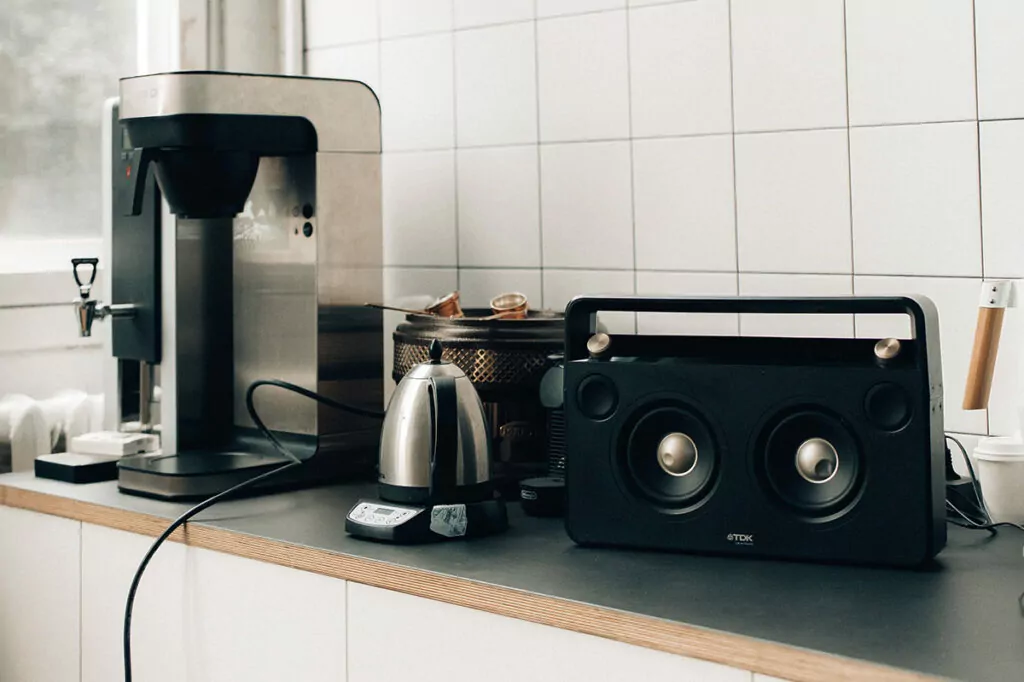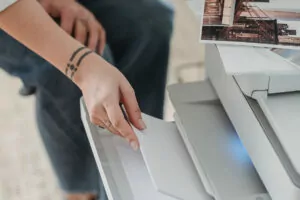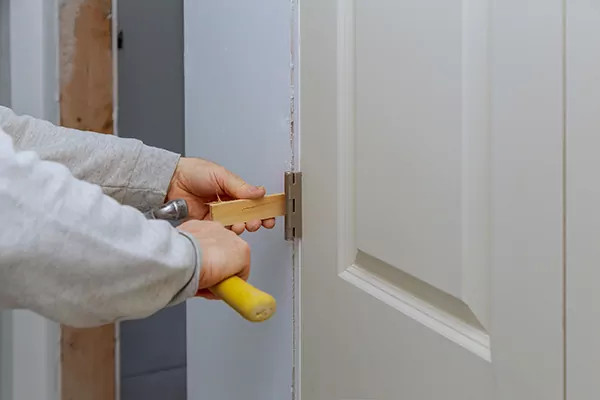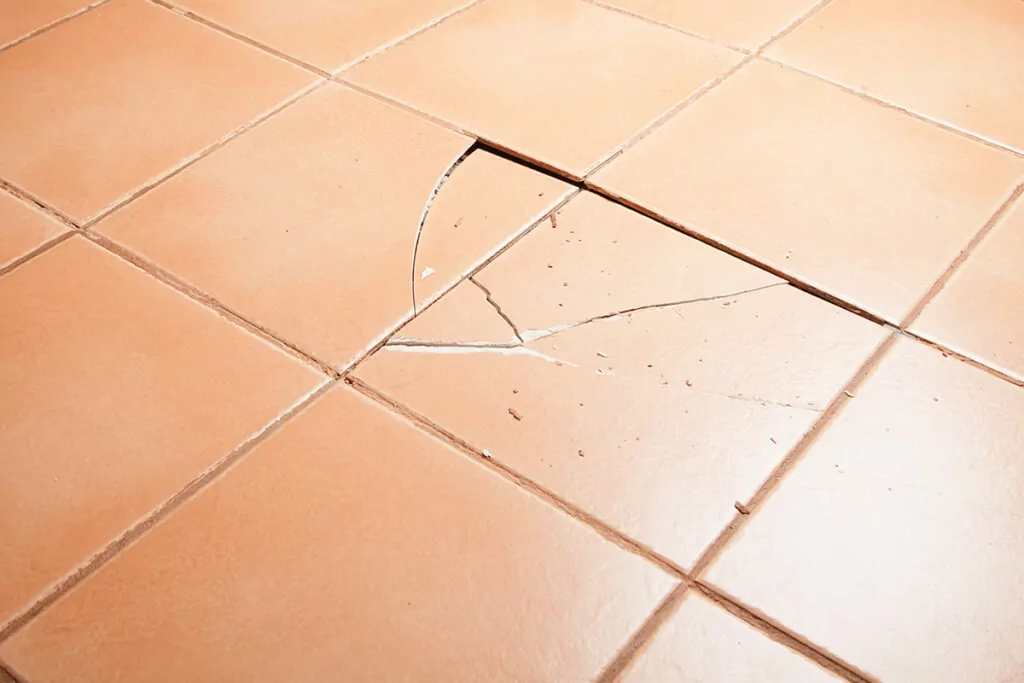If you’ve received a particularly expensive electricity bill it could be down to a number of reasons, some of which can be easily rectified. To save money, read on for what might have caused your increased electricity bill, from rising energy costs to dormant appliances, plus what you can do to keep your energy costs down.
Potential reasons for a high electric bill
The current economic situation
Supply and demand issues are driving up the cost of wholesale energy, which has an impact on how much we pay our energy suppliers. Since 1st October 2022 the UK government has put a limit on what most households pay for gas and electricity with the ‘Energy Price Guarantee.’ This will be changing after April though, so make sure to read up on what this means for you.
Is your bill accurate or estimated?
If you pay your electric bill by direct debit, your energy provider can charge you based on estimated usage rather than what you’ve actually used. If you don’t regularly submit meter readings, they will take an average from previous months to calculate the amount, which is why your costs fluctuate between the summer and winter months. If your electricity usage has dropped since your last meter reading, or you have recently moved house, your estimated bill might be too high.
Your appliances aren’t switched off at the wall
Some appliances still use electricity even when they’re turned to standby. These so-called ‘vampire devices’ can have a big impact on your bill, with recent research from British Gas showing that they can add as much as £147 to your annual bill. The most common culprits are:
- TVs
- Games consoles
- Printers
- Kitchen appliances like microwaves, kettles and coffee machines
- Washing machines
- Chargers for electric toothbrushes, phones, laptops etc.
Your appliances are old or faulty
If your electricity bill has gone up but you’re using your appliances as you usually do, it could mean that there’s a fault that is causing the appliance to use more energy. White goods such as washing machines, dishwashers and fridge freezers can have a noticeable impact on your bill if they are old or faulty.
You’re consuming more energy than you need
Rising energy costs mean the way we consume energy can have an effect on how much we spend. Running the washing machine at a high temperature, taking long showers and overfilling the kettle can all have more impact than you think.
How to reduce your electricity bill
Contact your energy supplier
First of all, check with your supplier whether your bill is estimated or accurate. If it’s estimated then it’s worth taking a meter reading (even if you have a smart meter) to see whether your actual usage is less than what you’ve been charged for. Make a note of when your meter readings are due each month so you can keep on top of your usage and save money on energy bills in the future.
Monitor your devices
Turn off your devices at the plug when they’re not in use. Whilst standby mode is convenient for those appliances that are in regular use, it does make a difference to your costs so try to get into the habit of turning off chargers, kitchen appliances and TV’s at the wall. If you want to know which devices are guzzling the most electricity, try using an electricity monitoring plug.
Consume more efficiently
Small changes can make a big difference, especially when it comes to your electric bill.
Appliances still heat the same amount of water even when they are half full, so try to only run the washing machine and dishwasher when you’ve got a full load. Washing at 30°, reducing your shower time and boiling less water in the kettle can help to save the pennies too.
Check your appliances
If your appliances are getting on a bit, it’s worth having them checked to make sure they are running correctly and efficiently. Faults like a broken fridge seal or a loose wire can cost you more than your electricity bill.
There’s a lot to consider when you’re investigating a high electricity bill. A good place to start is speaking to your provider and checking your appliances with the help of a Tasker.











